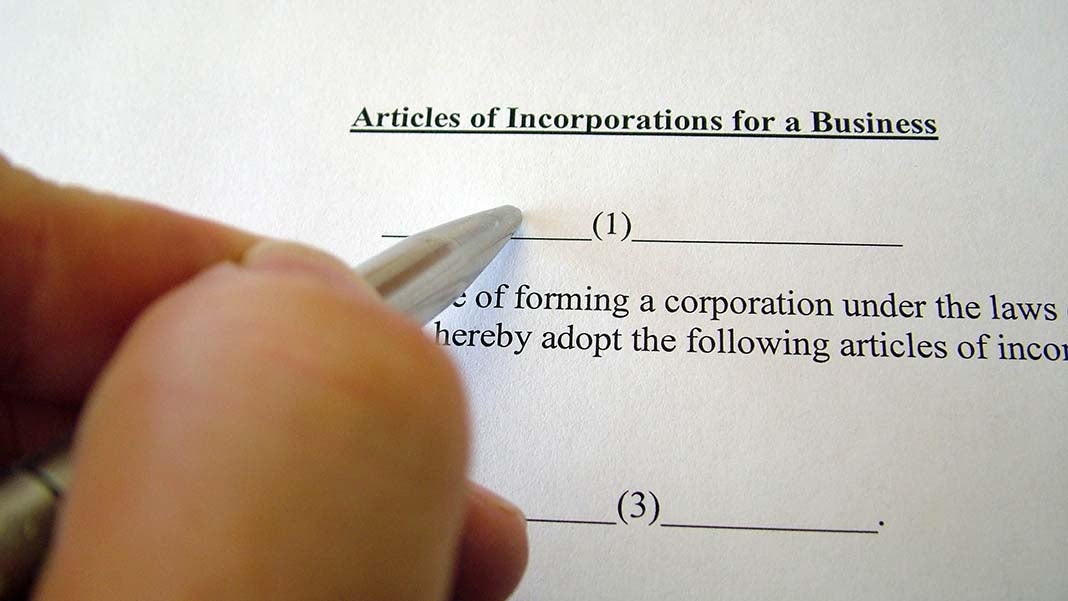
Most taxpayers are aware that an organization must submit papers to a state official, usually the Secretary of State in order to obtain a corporate charter and file an 1120 tax form as a corporation. However, one must meet all the IRS requirements for corporate status in order to file as a corporation.
First, some background. In founding a Limited Liability Company (LLC) the taxpayer must file with the appropriate state official and receive its charter as an LLC. For tax purposes, however, an LLC is what the IRS refers to as a disregarded entity. In other words, the LLC has no tax status as such. There is no LLC tax form that must be completed. If you have an LLC, you must make an election and choose how to be taxed. The election would be made by filing Form 8832, and may be changed by filing that form also. If the form is not filed, the default is a sole proprietorship (Schedule C) for a single member LLC or a partnership if there is more than one member.
An LLC may elect to be taxed as a C corporation or as an S corporation by completing and filing a properly executed Form 8832. The form may also be filed to change the status to sole proprietor or partnership.
In a recent Tax Court case, an individual owned a single member LLC and a single member corporation. He had never filed a Form 8832. He merged the corporation into the LLC and proceeded to file the combined organization as a corporation, completing Form 1120 for several years. The IRS accepted and processed these forms.
The IRS then challenged the corporate forms, stating that the LLC had never elected corporate status. The case was challenged and went to the Tax Court. The court ruled in favor of the IRS. Since the “parent” organization was an LLC, an election to be taxed as a corporation was required.
The owner of the business argued three points. First, he maintained that the merger of the two organizations was a valid reorganization and the combined organization should be treated as a corporation for tax purposes. Second, he maintained that filing a Form 1120 in the first year after the merger constituted a valid election. Third, he argued that under the doctrine of equitable estoppel, the IRS was barred from denying the corporate status by “tacit acquiescence” in accepting the filed Forms 1120.
The Court rejected all three arguments, stating that the validity of the reorganization was not relevant as he never filed the Form 8832. Second, the Court observed that you cannot elect entity classification simply by filing a tax return, an election is valid only by Filing Form 8832. Third, equitable estoppel did not bar IRS from treating the LLC as a disregarded entity. The IRS made no false statement to the owner, and the Court did not agree that IRS’s lack of rejection of the filed 1120’s was a wrongful misleading silence.
The tax laws regarding business entities are detailed. Those not familiar with the laws risk making a serious misstep somewhere along the line. Consultation with a qualified CPA or other qualified tax preparer will help avoid these situations and save money in the end.
Author: Dr. John Stancil (My Bald CPA) is Professor Emeritus of Accounting and Tax at Florida Southern College in Lakeland, FL. He is a CPA, CMA, and CFM and passed all exams on the first attempt. He holds a DBA from the University of Memphis and the MBA from the University of Georgia. He has maintained a CPA practice since 1979 with an emphasis in taxation. His areas of expertise include church and clergy tax issues and the foreign earned income credit. He prepares all types of returns, individual and business.












